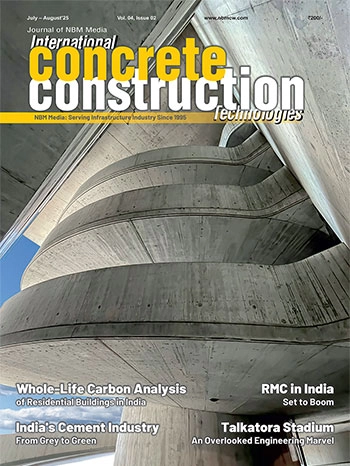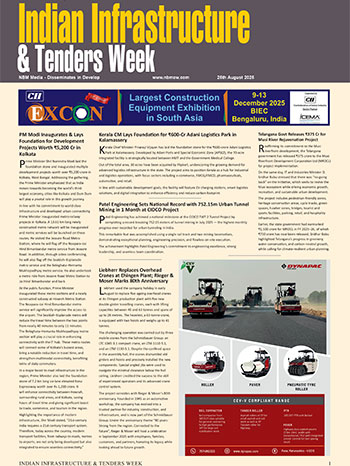Cabinet Approves Doubling of Bhagalpur–Dumka–Rampurhat Railway Line at ₹3,169 Cr

The Cabinet Committee on Economic Affairs (CCEA), chaired by Prime Minister Shri Narendra Modi, has approved the doubling of the Bhagalpur–Dumka–Rampurhat railway line (177 km) covering Bihar, Jharkhand, and West Bengal, at an estimated cost of ₹3,169 crore.
The project will enhance line capacity, improve mobility, and ensure better efficiency and reliability for Indian Railways. The multi-tracking will ease congestion, streamline operations, and strengthen infrastructure on one of the busiest sections of the network.
Aligned with the Prime Minister’s vision of a “New India,” the project is expected to boost regional development, create employment opportunities, and support self-reliance by improving connectivity and economic growth in the area.
The projects are planned on PM-Gati Shakti National Master Plan with focus on enhancing multi-modal connectivity & logistic efficiency through integrated planning and stakeholder consultations. These projects will provide seamless connectivity for movement of people, goods, and services.
The project covering five Districts in three states i.e. Bihar, Jharkhand and West Bengal will increase the existing network of Indian Railways by about 177 Kms.
Project section also provides rail connectivity to prominent destinations such as Deoghar (Baba Baidyanath Dham), Tarapith (Shakti Peeth) etc. attracting pilgrims and tourists from across the country.
Multi-tracking projects will enhance connectivity to approx. 441 villages and about 28.72 lakh population and three Aspirational Districts (Banka, Godda and Dumka).
This is an essential route for transportation of commodities such as coal, cement, fertilizers, bricks and stones etc. The capacity augmentation works will result in additional freight traffic of magnitude 15 MTPA (Million Tonnes Per Annum). The Railways being environment friendly and energy efficient mode of transportation, will help both in achieving climate goals and minimizing logistics cost of the country, reduce oil import (5 Crore Litres) and lower CO2 emissions (24 Crore Kg) which is equivalent to plantation of 1 (One) Crore trees.















